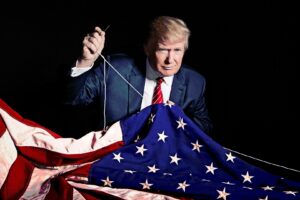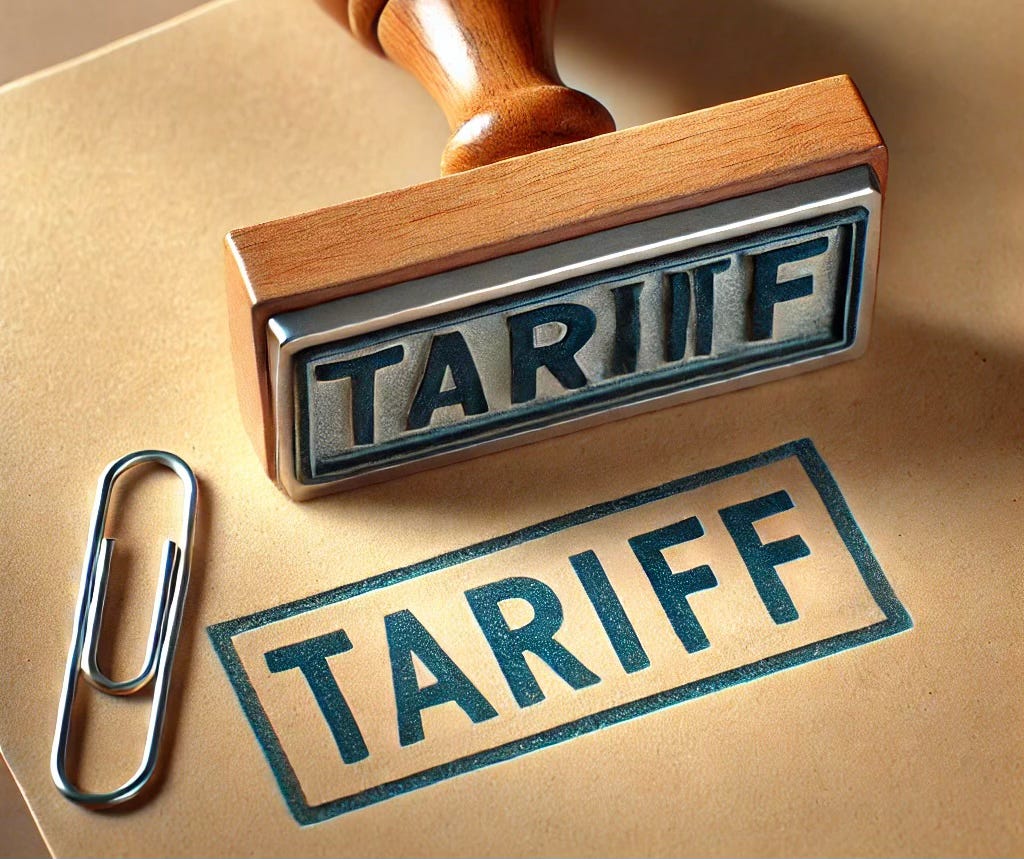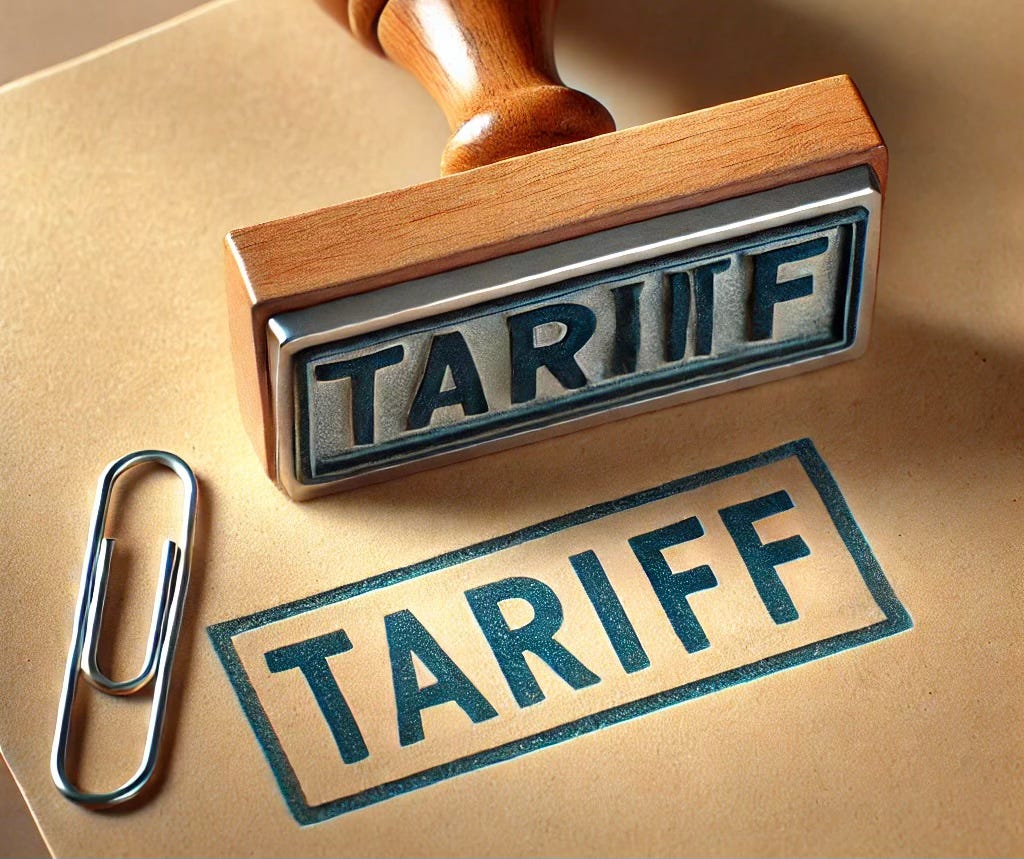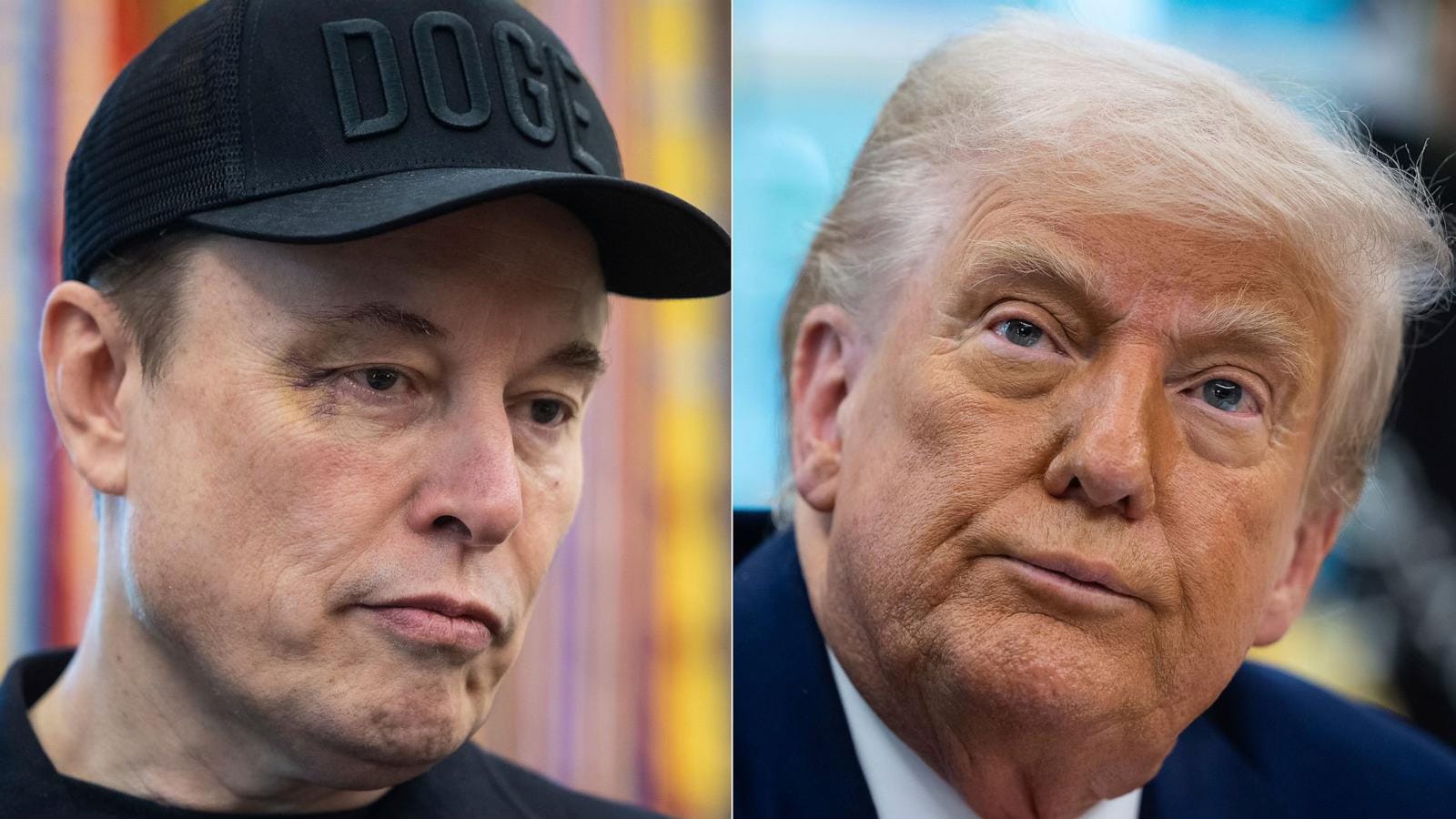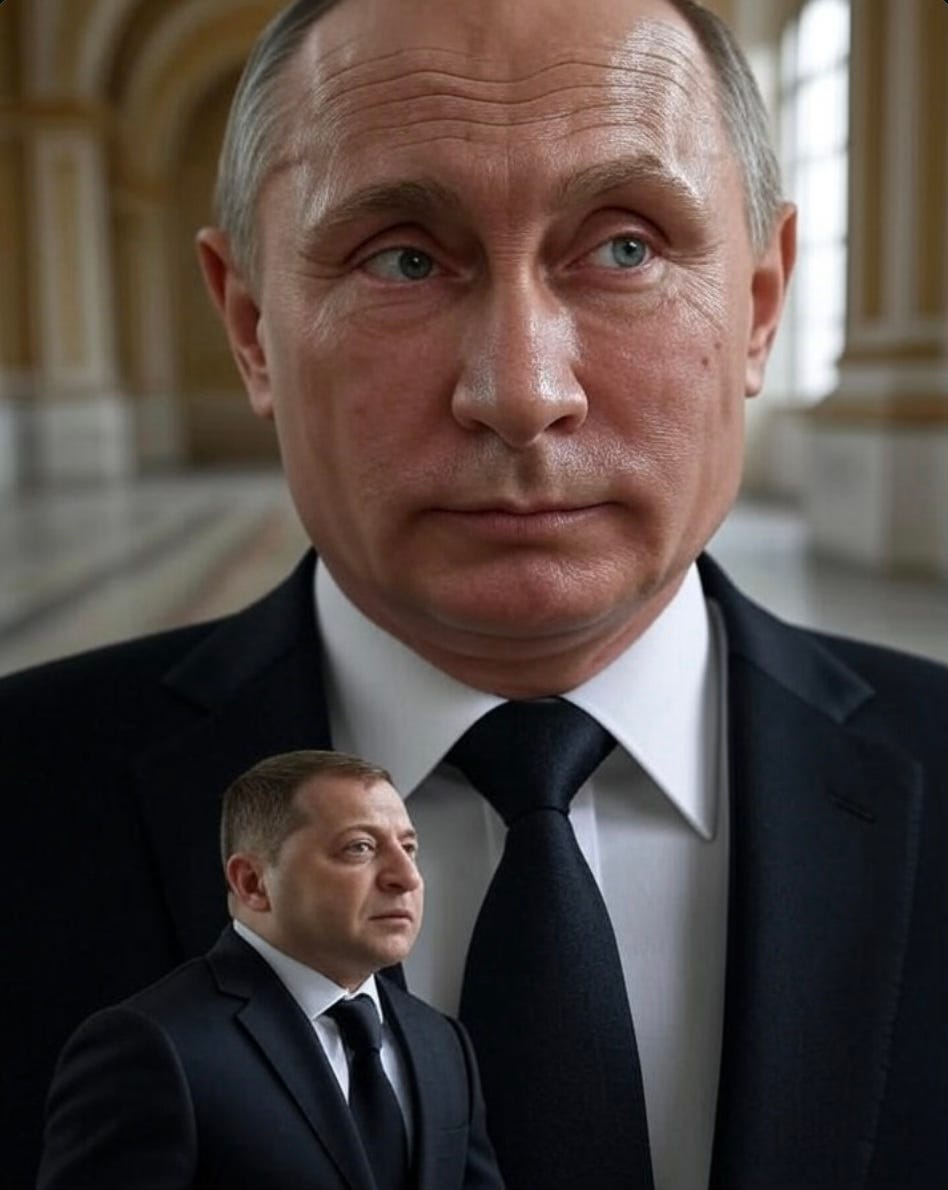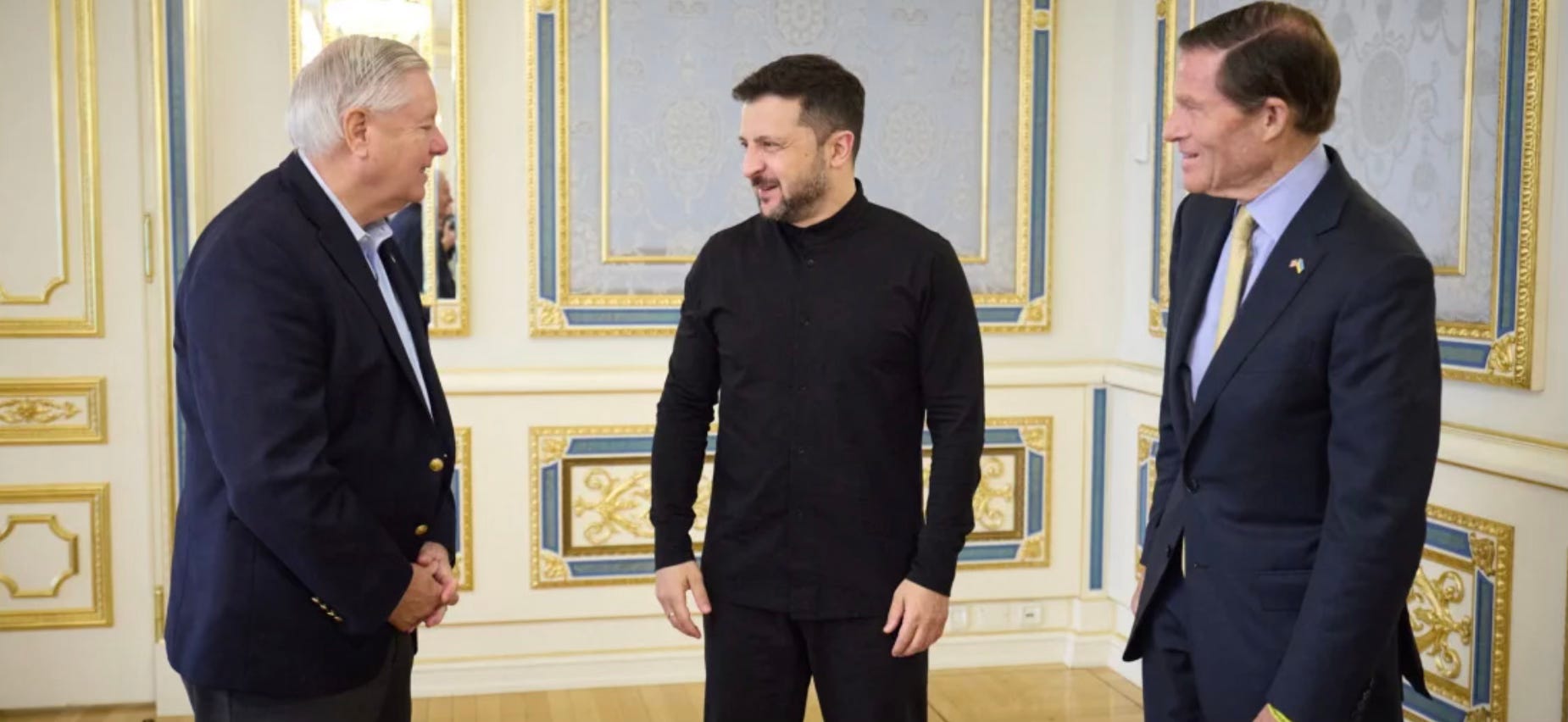David Vance SubstackRead More
The legacy media is in lockstep. Trump has started a global trade war with his tariffs and it is going to cause untold misery. As usual, they are completely wrong! I believe the tariffs are an act of patriotic genius and will lower tariffs globally!
As we know, Trump’s tariff strategy involves imposing a baseline 10% tariff on all imports to the U.S., with higher rates—up to 50%—on countries deemed “worst offenders” in trade imbalances, such as China, Cambodia, and Vietnam.
For starters, Trump’s tariffs are “reciprocal,” targeting nations with high trade barriers against U.S. goods. For instance, India faces a 26% tariff partly because its own tariffs on U.S. products average 52%. This approach signals that the U.S. is willing to lower its tariffs if others reciprocate by reducing theirs. Countries heavily reliant on the U.S. market—such as Canada and Mexico, which send over 80% of their exports northward—cannot afford prolonged trade disruptions. That’s why the posturing of Canadian PM Mark Carney is so risible. Facing 25% tariffs, they need to start negotiating deals and adjust their own trade policies. This dynamic could extend globally as nations seek to preserve access to the lucrative U.S. consumer base. Vietnam has already offered the US zero tariffs and Cambodia has offered to reduce their tariffs from 35% from 5%!
Next, remember that the economic pressure exerted by U.S. tariffs incentivises tariff reductions elsewhere. It’s like a law of economic physics! The U.S. imports over $3 trillion annually, dwarfing most nations’ export capacities. When faced with steep duties, exporting countries may redirect goods to other markets, flooding them and lowering prices. This scenario disadvantages nations like China, which could see its overcapacity in sectors like steel and electronics redirected to Europe or Southeast Asia, prompting those regions to lower tariffs to remain competitive. Historical precedent supports this: Trump’s first-term steel tariffs led to a 30% drop in imports from affected countries, pushing them to seek alternative markets and, in some cases, negotiate trade terms.
Trump’s strategy plainly exploits the U.S.’s leverage as the world’s largest economy. Unlike smaller nations, the U.S. can absorb tariff-related costs through domestic consumption and revenue gains. This resilience pressures weaker economies to concede rather than retaliate indefinitely. Canada would do well to reflect on this fact.
While short-term price hikes and market turmoil are inevitable, the long-term outcome could be a global tariff reduction as nations align with U.S. demands. By wielding its economic clout, Trump’s policy will help dismantle protectionism, ironically fostering freer trade through initial confrontation. The EU is going to be the interesting test case here – essentially designed as a protectionist trading group – it will eventually be FORCED to open up its markets OR face economic isolation.
In short order, we will see a new economic order arise, based on free trade and low or zero tariffs. Trump has done the world a favour.
****If you enjoy all the content that I put out here every day, can I ask you to consider to becoming a PAID subscriber, it’s only £5 a month, you can cancel if you don’t enjoy it but I know you will. I want to thank the kind people who already do this, without your help this becomes impossible. Thank you in anticipation***













